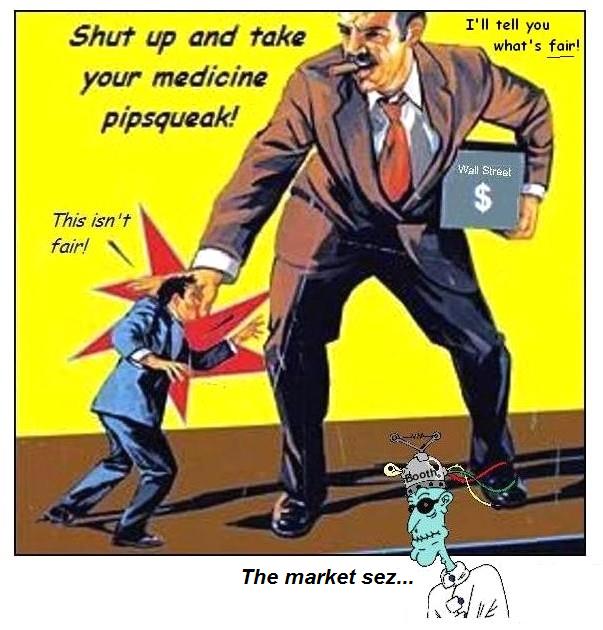Signs of Decay
- Internal corruption
- Imperial overreach
- Inability to reform.
Harvard Law Review
Incentives and Ideology
By James Kwak
May 20, 2014
“'If only the King knew!', we cried a thousand times from the depths of our abyss.” Cahiers de doléances de Cahors, 1789
In pre-Revolutionary France, common people would often say of their problems, “If only the King knew . . . .” Whatever evils they suffered at the hand of their government must be due to the king’s ministers and officials, for the king himself could not be at fault.
But the king knew exactly what was going on. As Levitin shows, our financial regulators were and remain deeply enmeshed in a complex political environment. At the margin, they have the discretion to do favors for the industry or for specific institutions (such as the OTS backdating a capital infusion by IndyMac to make it seem well capitalized when it actually wasn’t). But major regulatory decisions, such as turning a blind eye to derivatives or bailing out banks, are made by the political system as a whole...
More generally, we can’t blame everything on the bureaucrats. The financial non-regulation that made the 2008 crash possible was the explicit policy of multiple presidential administrations, and some of its most important elements sailed through Congress with bipartisan support. The choice to bail out large banks rather than homeowners was made by the Bush and Obama Administrations.
And Congress passed the Dodd-Frank Act, which largely left in place the regulatory system that had failed so spectacularly, with the Administration lobbying heavily to weaken the most far-reaching reforms. In other words, President Obama knew exactly what was going on — just as President Clinton knew what was going on when he signed the Gramm-Leach-Bliley Act, allowing the consolidation of commercial and investment banking."
Read the entire article in the Harvard Law Review here.
Related:
Credibility Trap: Moyers and Barofsky on Failed Reform and Another Financial Crisis













































